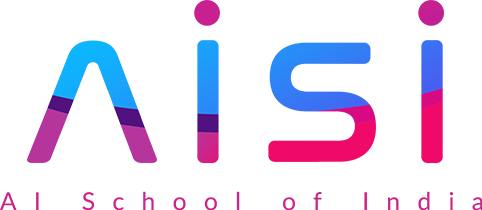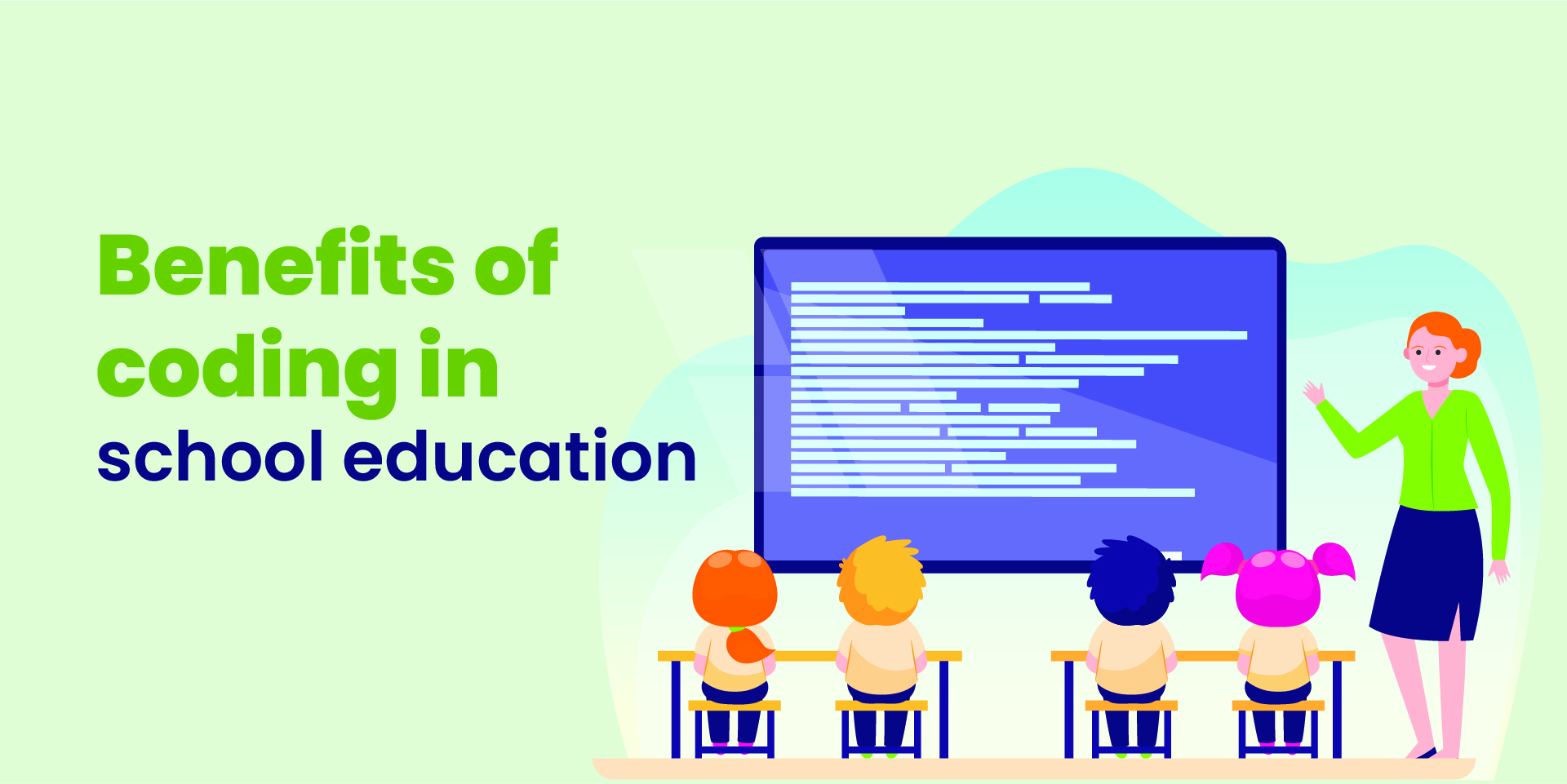Coding is a part of the STEM program in schools and a multidisciplinary activity that engages the minds of students and fosters creativity and logical thinking. Many schools and educational institutes around the world are including coding for students as a part of their curriculum. Coding is the language of the future and a priceless skill for a bright future. When students learn to code, they are preparing themselves for the future tech revolution. Starting with coding in school is the initial step toward a bright future for the students.
Every child should learn to code at a young age. Here are some of the benefits of coding for students.
Nurturing creativity
- Coding in schools is the perfect activity to nurture creativity in young minds.
- With creativity, children come up with new and unique solutions to unfamiliar challenges.
- Gaming and storytelling are important aspects of coding for students.
- For example, Scratch is a free programming language and a platform where children can create their own games, animations, and interactive stories using a block-based programming language.
- Coding education allows kids to enhance their creativity by using their imagination to create stories and games.
- In addition, when children learn to code, they also get a chance to explore their own creative interests—music, visual art, design, etc.
Math skills
- Another important benefit of coding for students is improved math skills.
- Math as a subject is a nightmare for many students, as they find it quite dull, boring, and difficult to correlate to the real world.
- When students learn to code, they make use of various math principles and concepts, such as statistics, sequencing, trigonometry, equations, etc., rather than just seeing them on a sheet of paper.
- Students understand the underlying logical principles of math and how they are applied in the real-world.
- Coding is about solving real problems, not just worksheets with equations.
Persistence and resilience
- Anxiety is a common problem in most children. Persistence and resilience are effective solutions to this problem.
- While many parents find it difficult to teach these valued skills to their children, they can be easily taught through coding.
- In coding education, children will fail many times before finally getting the code right. This encourages persistence, i.e., not giving up when witnessing failure in the first attempt.
- Resilience is not something that can be taught. They need to experience it.
- A great benefit of learning to code is that it helps build resilience in students through troubleshooting.
- In coding, students look for solutions even when none appear to exist.
- When children learn to code, they are taught that there is always a solution available to a problem, and it’s only a matter of time before they find it.
- Thus, with coding, children learn the two important keys to success in the future: persistence and resilience.
Logical thinking and a problem-solving approach
- Developing logical thinking and a problem-solving approach is not easy.
- The key to developing logical thinking is breaking down the larger problem (assignment) into smaller pieces so as to view them clearly and understand how they are related to each other.
- Coding education teaches kids to break down problems into smaller parts so that they can identify where the problem lies and fix it one by one.
Boosts academic performance
Students that learn to code can improve and develop various aspects of their education, such as mathematics, writing, etc. Coding strengthens both verbal and written skills. Students build confidence as they learn problem-solving through coding. All this helps them improve their academic performance.
Coding is the future and language of the world
- The use of software, apps, and gadgets has become an indispensable part of our daily lives. The coding that is used to make software and apps is the language of the world.
- It is true that not every job in the future will require coding skills. However, when children learn to code, it helps them develop computational thinking.
- Coding is not just a programming language that students learn; it is a way of problem-solving, a new form of literacy, and a language that connects humans and computers together.
Improves communication skills
- When students learn to code, it is just like learning a new language.
- Just like humans become better communicators when they learn a new language, coding is no different.
- Coding helps students develop the skill to write instructions that the computer can understand and follow.
AI LAB – Empowering students to discover the world of artificial intelligence (AI) and coding
AI LAB is a state-of-the-art platform developed by the AI School of India. This platform is specifically designed to provide futuristic learning resources in schools. Through AI LAB, students and teachers will get hands-on AI-coding experiences. This platform has more than 200 real-world activities that will enable students to see various scenarios and situations in daily life. The learning courses that are a part of AI LAB are self driven, which means that students can learn at their own pace. This platform is mapped to the AI curriculum and is a perfect complement to the theory part. By implementing AI LAB, schools can take their classroom learning experience to new levels. AI LAB is created for students in grades 6 to 12. It allows schools to provide unique and enriching learning experiences in coding and AI education to students and ensures that they are ready for their higher education and career by the 2030s.
Coding – The most important 21st century skill
The world is becoming more and more digital. We are in the era of information and data. With the advancements in technology, machines are going to be smarter than humans. In order to work with machines, coding education is crucial. Coding for students is no longer an option, but a necessity. Coding enables more intuitive interactions with machines and computers. Coding is used for various purposes, such as building apps, websites, and games.The benefits of coding in schools and coding classes go far beyond just learning how to program a computer. Coding is a skill that will help students in various day-to-day activities. When students learn to code, they will be opening the doors to ample opportunities in the future. Coding for students helps them build vital skills that can help them in any future career. Keeping the importance of coding in mind, STEM programs in schools have been implemented for children at a young age. Coding education is paving a path for the future for students.


